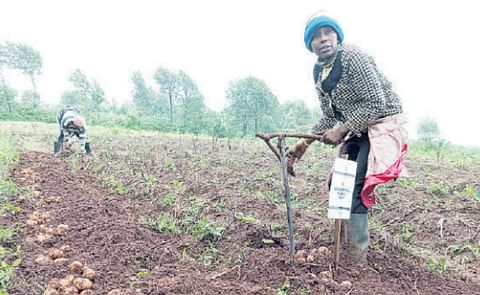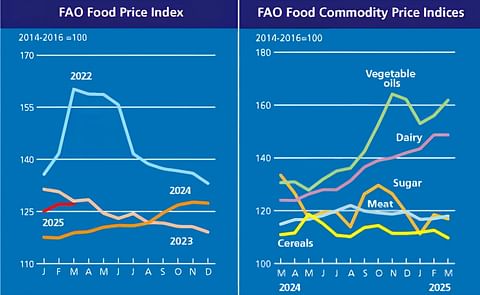Unstable prices for agriculture have turned two British farmers into potato chip producers. Childhood friends Rod Garnham and Ross Taylor drove tractors before they were 16 years old, but they had never made potato chips – not until four years ago.
Instability, Garnham says, is what drove them to turn their potatoes into gourmet potato chips, called Corkers Crisps.
It costs Garnham and Taylor £140 ($210) to make a ton of potatoes. Two years ago, they were getting £600($900) per ton. These days, the price is one-sixth, at about £100 ($150) per ton.
“We self-funded, but also secured assets against loans, remortgaged houses, had overdrafts…It took more than a million pounds to get a brand into a package, in a factory, and some sort of marketing structure behind it. There wasn’t a lot of change from that.”
They bought the entire factory eBay-style. With his engineering background, Garnham knew what to look for. He searched online, and found a potato chip company in Cyprus closing up shop, and selling absolutely everything.
“We were literally, bidding for the complete factory. We jumped on a plane the next day and flew out to Cyprus, stripped the factory bare, put everything we could find in two containers, and sent it back to England.
It took about a year to get the factory up and running, and work out their essential branding, which is British, with a capital B.
The investment in fun packaging and a catchy name paid off. The pair took mock-ups of their packages to a fancy food show and attracted the attention of high-end department store, Harvey Nichols who were the first to stock Corkers in their food hall. Delis, farm shops and other big deals followed, and they’ve just been piloted at Cost Plus in the US.

Now, Garnham and Taylor are launching vegetable chips, utilizing the beetroot, parsnips and carrots they already grow. And, they’ve created a special Duck and Hoisin flavored chip using fat from the ducks they breed on the farm.
Read the full story at Forbes











